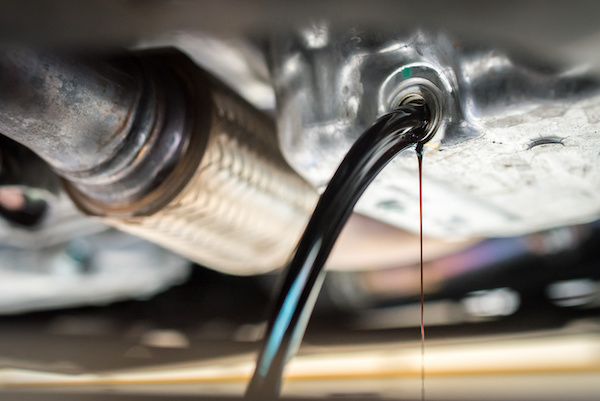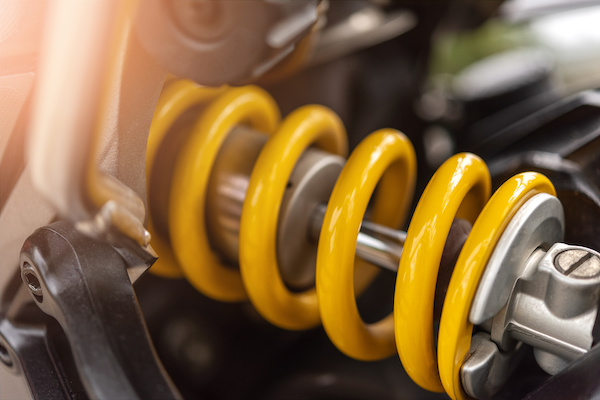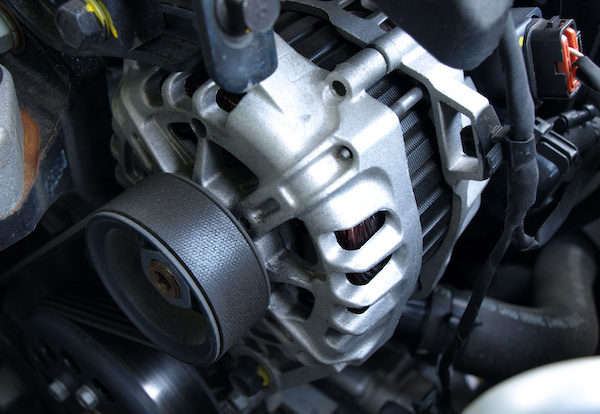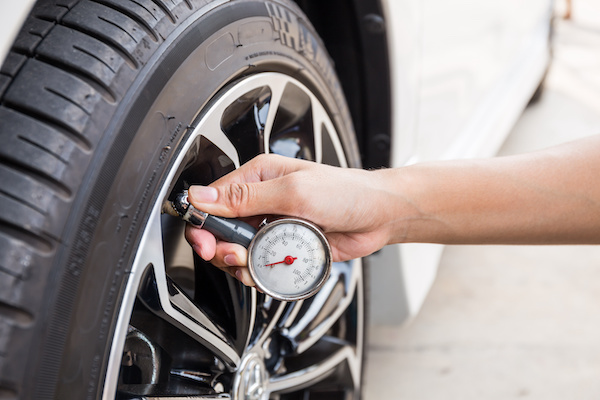Posted on 12/22/2021

You probably have heard about oil sludge but are not sure what it is. Oil sludge is a mechanical condition in the engine which results from oxidation or contaminated engine oil that occurs when moisture or high heat is introduced to the engine oil. The engine oil thickens into a gel that sticks the engine parts and blocks or hampers oil flow through the engine. Since the oil is responsible for lubricating and cooling the engine, increased friction and reduced oil circulation can harm your car, as discussed in the following sections: Blocks the engine's lubrication system The lubrication system distributes oil to the engine's moving parts to prevent frictions, resulting in wear out of these parts. Oil sludge will block the lubrication systems making oil distribution a challenge, exposing the engine to friction and wear out, reducing the engine lifespan. Reduce the lifespan of your engine When oil sludge is present, oil is not properly lubri ... read more
Posted on 11/29/2021

Having the proper tire pressure at all times is an integral part of car maintenance, and it's one of the few things that every driver should know how to check. The amount of air in your tires directly impacts the quality of your driving, braking, and turning. Aside from these concerns, you should know that the different seasons and temperature changes can also influence your tire performance and pressure. Before you get started on anything, you should grab your owner's manual for reference. This handbook, along with the sticker on the driver's door jam, will tell you the exact psi needed for your tires. You will also need a tire gauge to check your tire pressure manually. Please refer to one of our recent blogs regarding How to Check Your Tire Pressure for more detailed instructions. During scheduled maintenance and tune-ups, you should als ... read more
Posted on 10/27/2021

The smoothness of your car ride is due to two integral parts of your suspension system: shock absorbers and struts. While both shocks and struts are essential to your car's safety and comfort, they are entirely different from each other. Shocks Shock absorbers, also known as shocks, are a vital piece of the suspension system. Shock absorbers control the impact and rebound your vehicle's movement; they ensure that the car's tires remain in contact with the road surface at all times. As indicated by their name, they absorb energy. Without shocks, the wheels on your car, SUV, or truck will constantly bounce and vibrate. The important pieces that make up your shock absorber are a piston, coil, and hydraulic fluid. Struts Struts are the structural part of the suspension system, and they are primarily found on the front end of nearly every front-wheel-drive vehicle. A strut is composed of numerous components, including the coil spring, spring seats, strut bearing, shock ... read more
Posted on 9/28/2021

While your vehicle's battery does give electrical charges to start your engine, the alternator plays an even more important role by keeping the battery charged. It is also the part that powers your car's electrical functions. Without a working alternator, your vehicle will not be able to get you where you need to be. The alternator draws its power from the engine into electrical energy. The electrical current is then moved to keep your electrical systems operational and battery-charged. It is named an alternator because it generates an alternating current that changes direction systematically. Because the alternator is related to the battery, it is somewhat harder to differentiate which one is causing a problem. Both components have parts that wear out, which means you may need to make a trip to the auto shop for a more accurate understanding. These are some of the most common signs that your alternator needs repairs: Dimming or Blinking of Interi ... read more
Posted on 8/30/2021

As a responsible car owner, you should check your tires whenever possible. Having improper tire pressure can lead to uneven tread wear, which can ultimately worsen your gas mileage and affect your vehicle's handling. If you're unsure how to measure your tire pressure, you've come to the right place. This is Protech Automotive Service's guide to perfecting your tire pressure measuring routine. Before you run to grab your pressure gauge, you need to know how much air your tires require. In the United States, tire pressure is measured in units of PSI (pounds per square inch). There should be a sticker on the driver's door frame that shows the recommended tire pressure specific to your vehicle. If you have difficulty finding the sticker, then you can also look in your owner's manual. The ideal time to measure your tire pressure is when the vehicle has been idle for several hours and the tires are cold. As mentioned before, you will need a tire pres ... read more